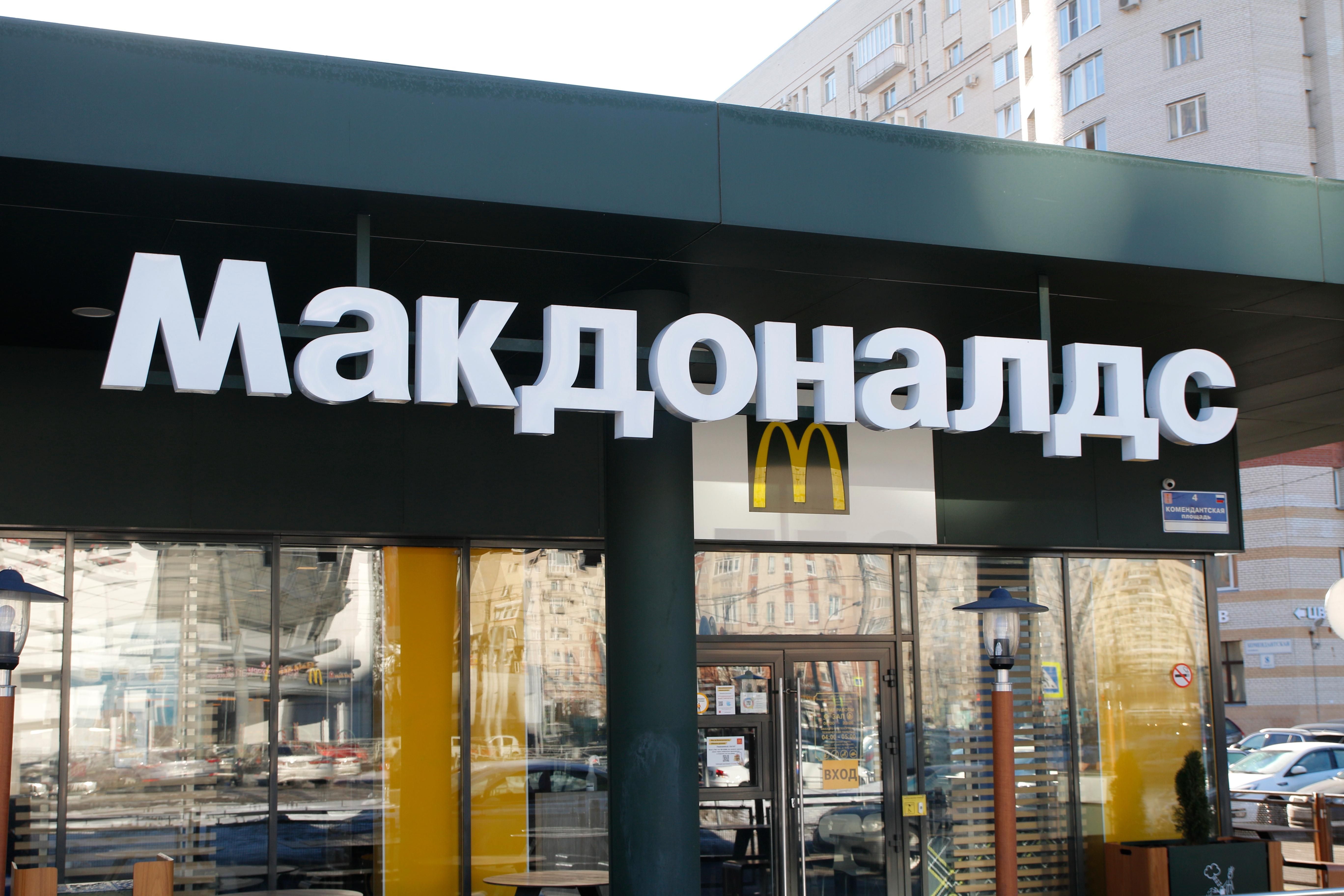Hard Numbers: Golden Arches close in Russia, Kremlin lists its enemies, nickel blows up, North Korean nuclear program stirs
850: McDonalds will temporarily close its 850 restaurants in Russia in response to Putin’s invasion of Ukraine. The 62,000 people it employs there will, however, stay on payroll. The opening of the first McDonalds in the Soviet Union, in 1990, was a historic and optimistic moment during the Cold War.
48: On Tuesday, the Kremlin published a list of 48 countries and territories deemed “unfriendly” to Russia. The US, EU, and, oddly, Taiwan are all on it. A recent Kremlin decree permits Russians to repay any foreign currency debts to these “unfriendlies” in rubles. However, the decree does not oblige creditors to accept the nearly worthless Russian currency.
100,000: The London Metal Exchange suspended trading of nickel on Tuesday after prices more than doubled to over $100,000 per metric ton. Russia is the world’s third-largest nickel producer, and the war in Ukraine is fueling concern about the supply of the metal, which is used to make stainless steel and EV batteries.
4: Roughly four years since North Korea officially shuttered its Punggye-ri nuclear testing site, experts have detected “very early signs of activity” there. Analysts believe the Hermit Kingdom may be gearing up to resume nuclear and long-range missile testing. Not now, North Korea!
